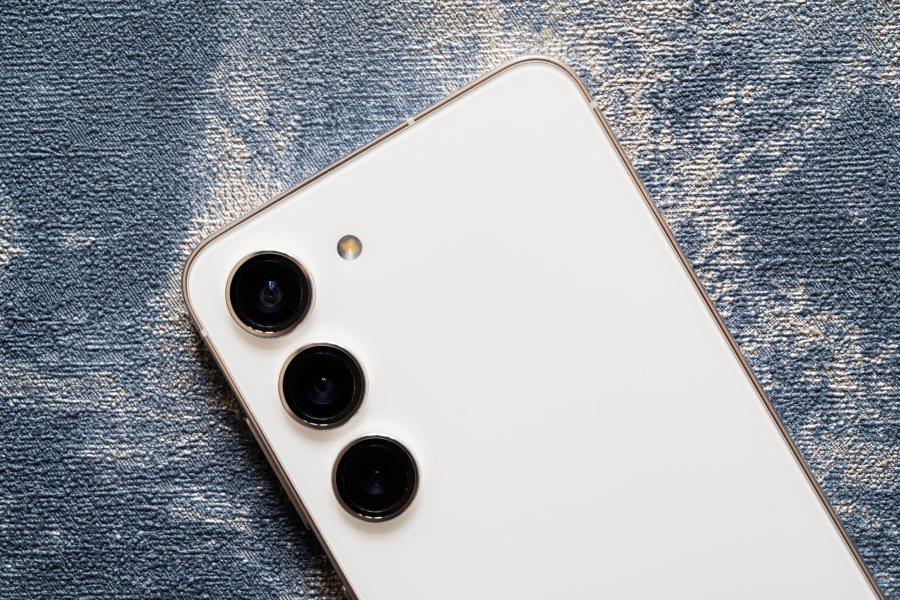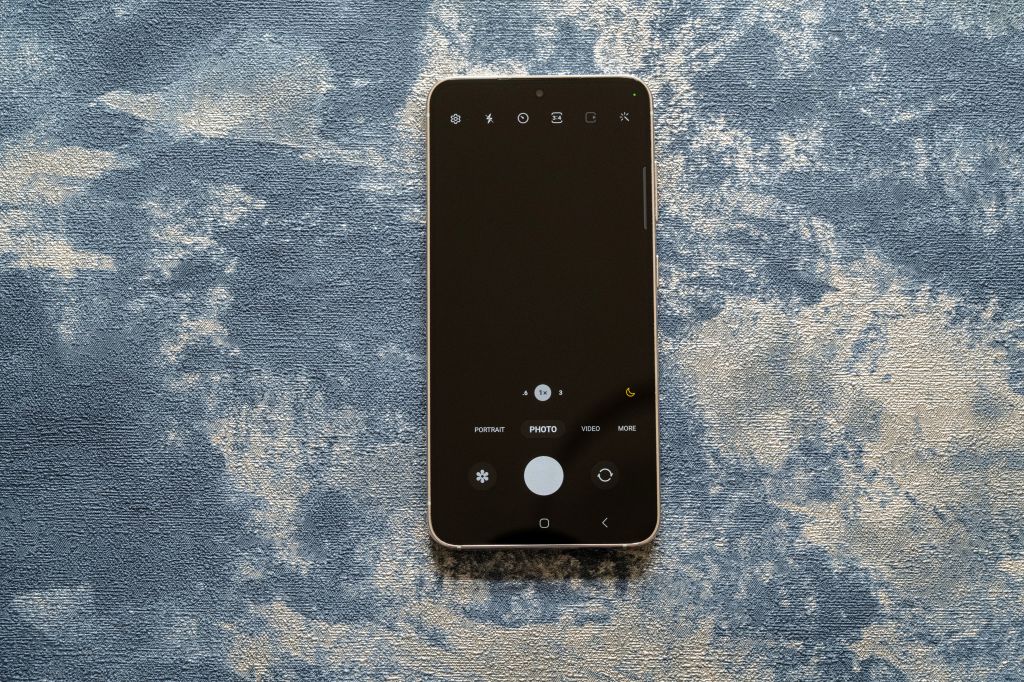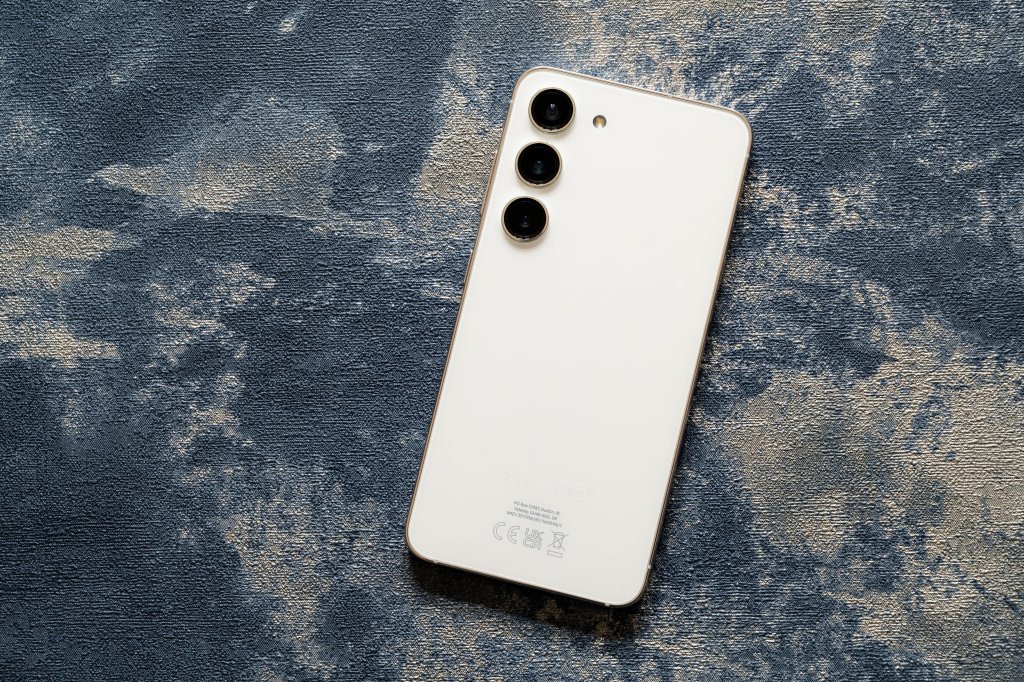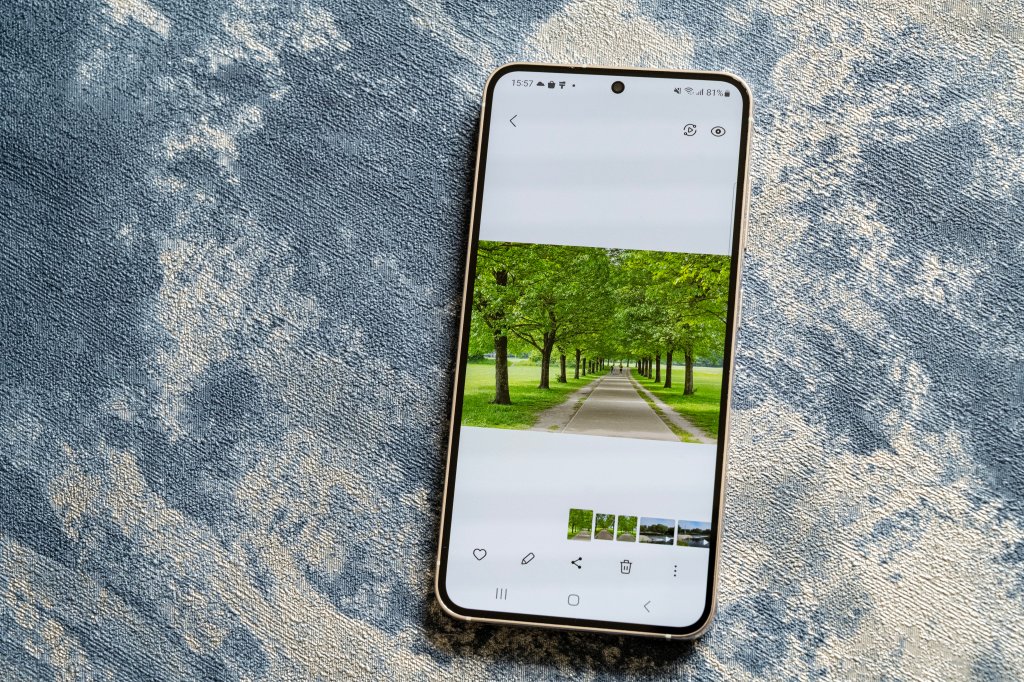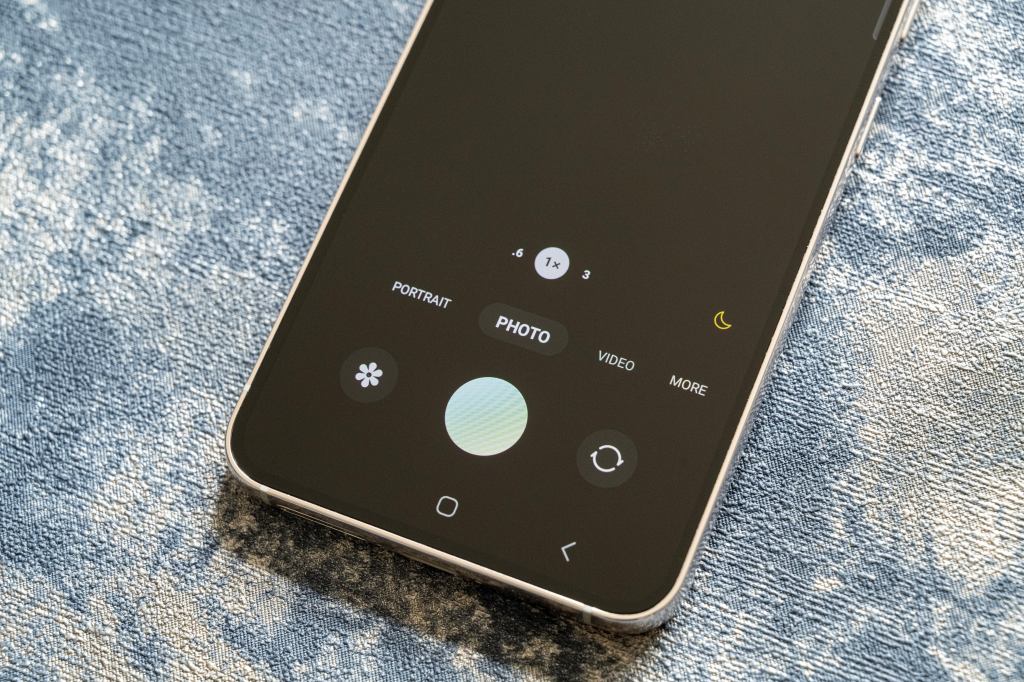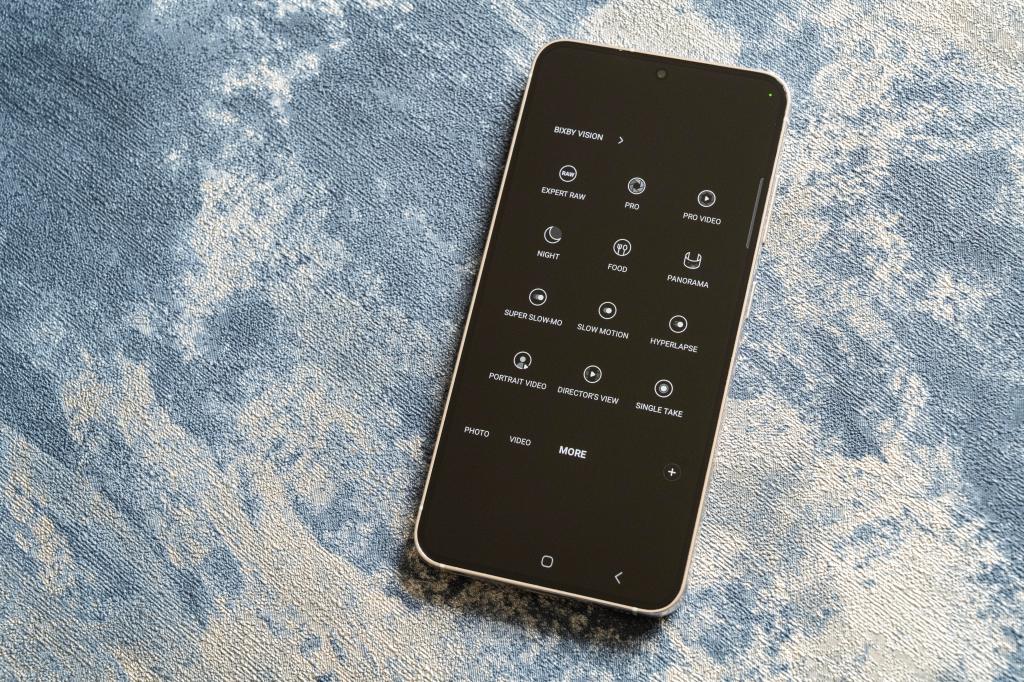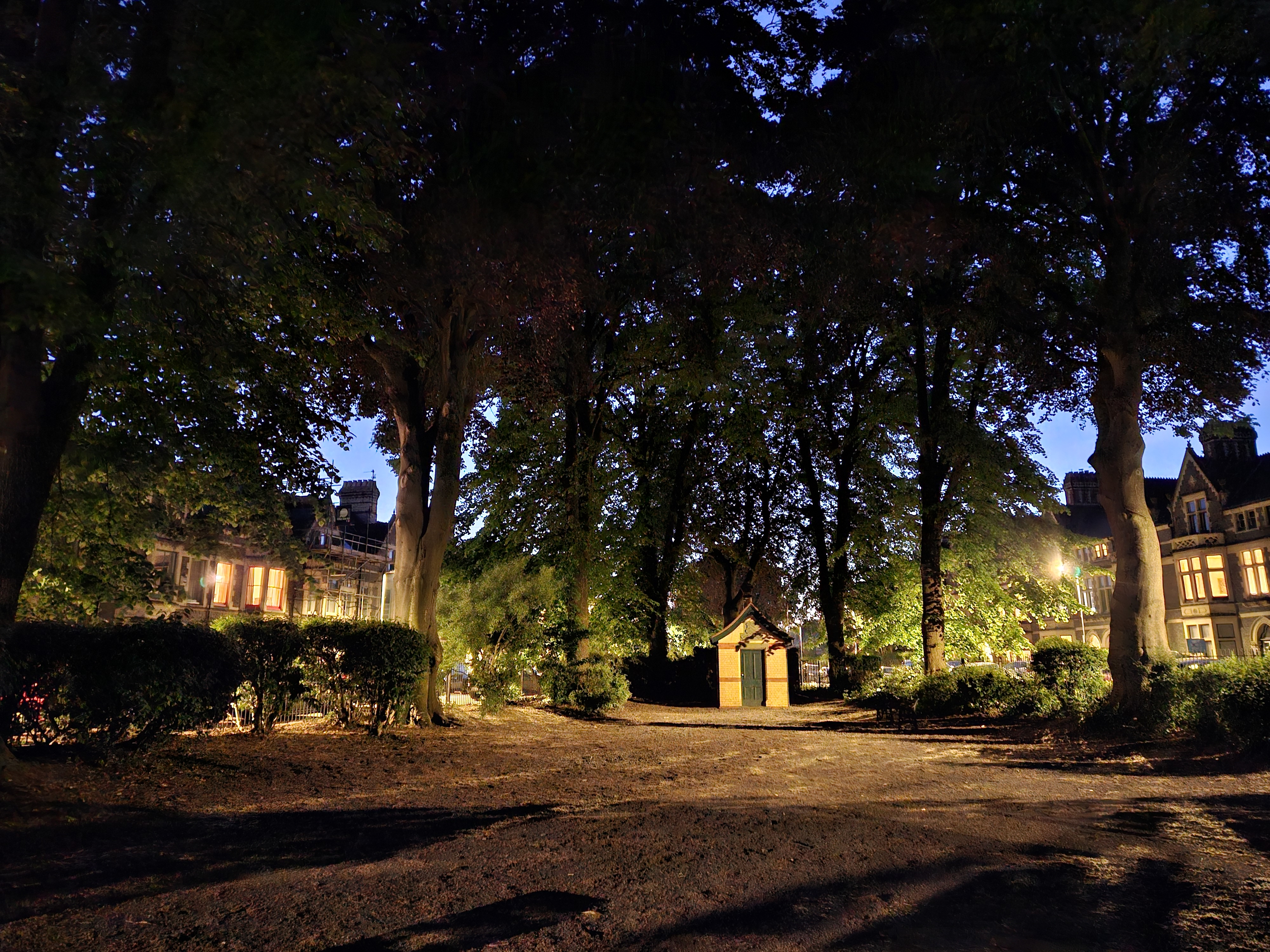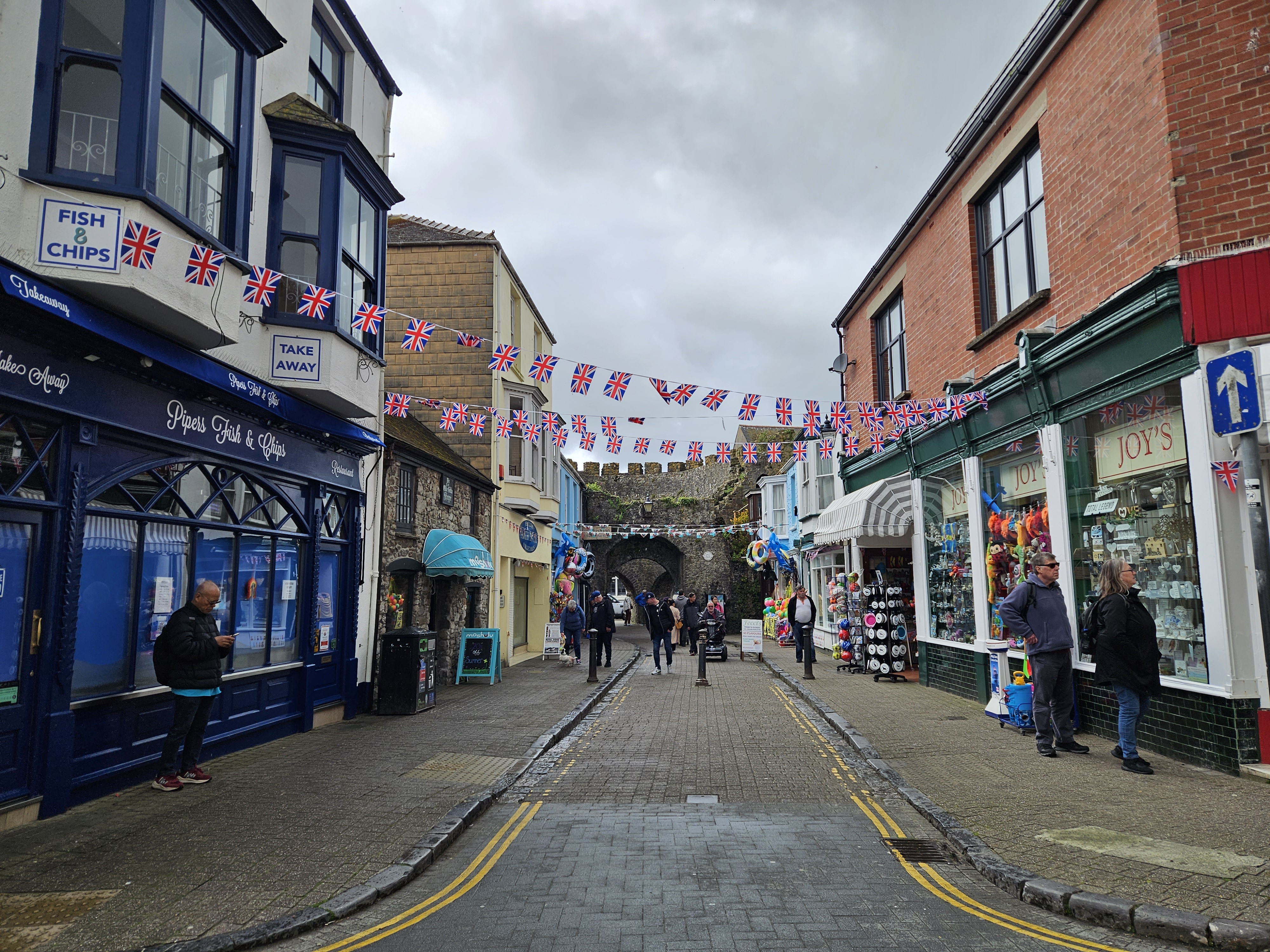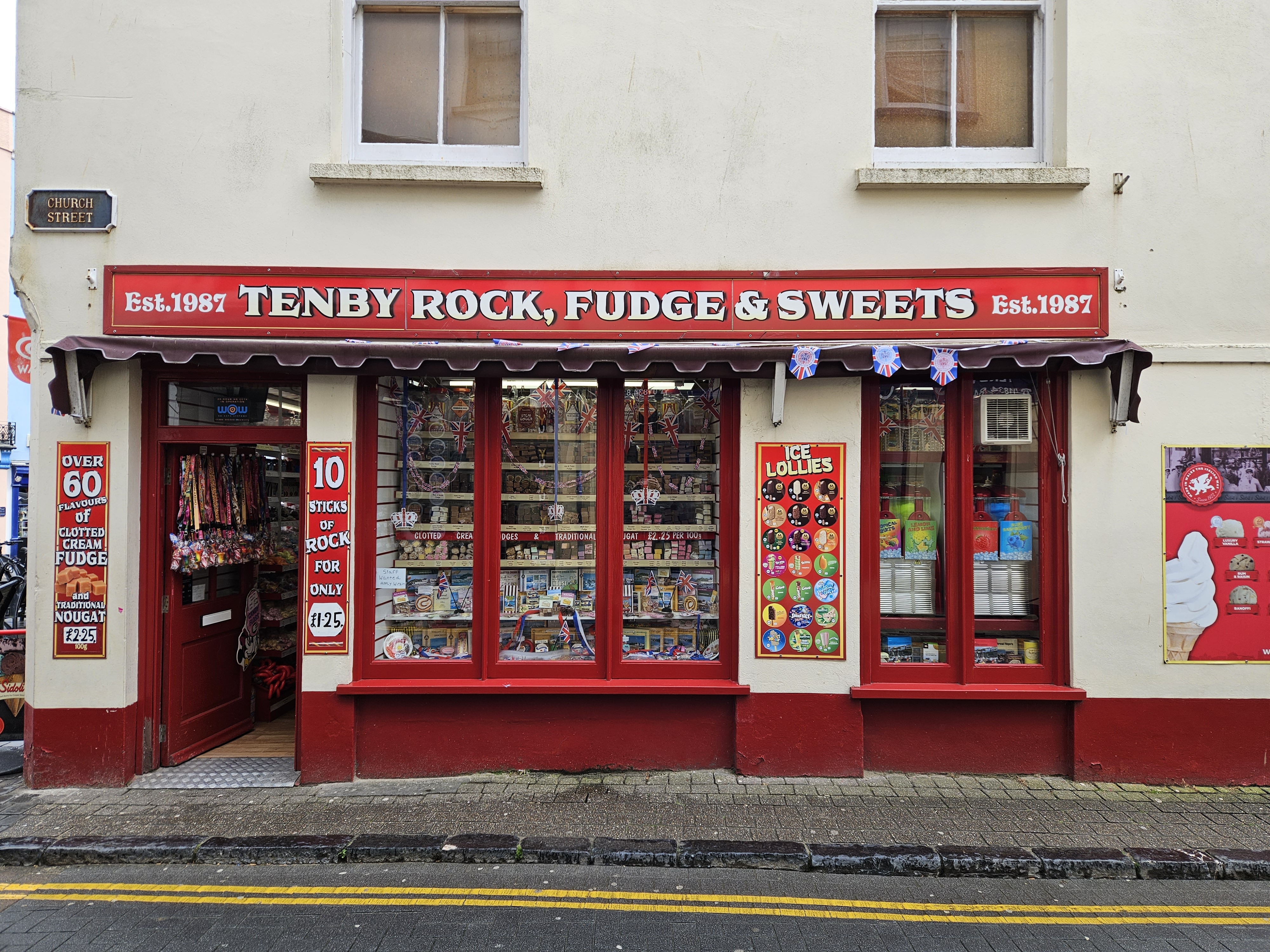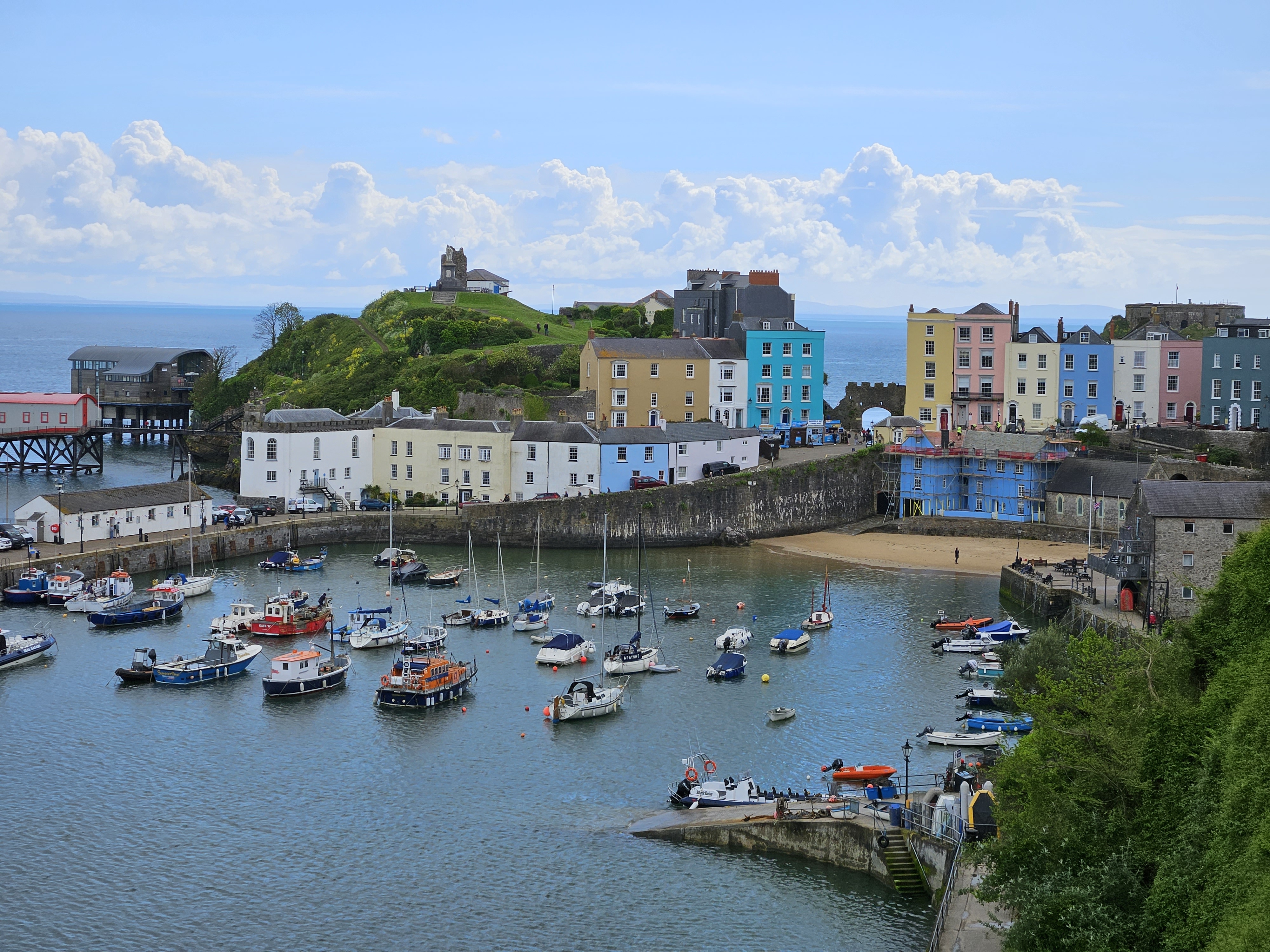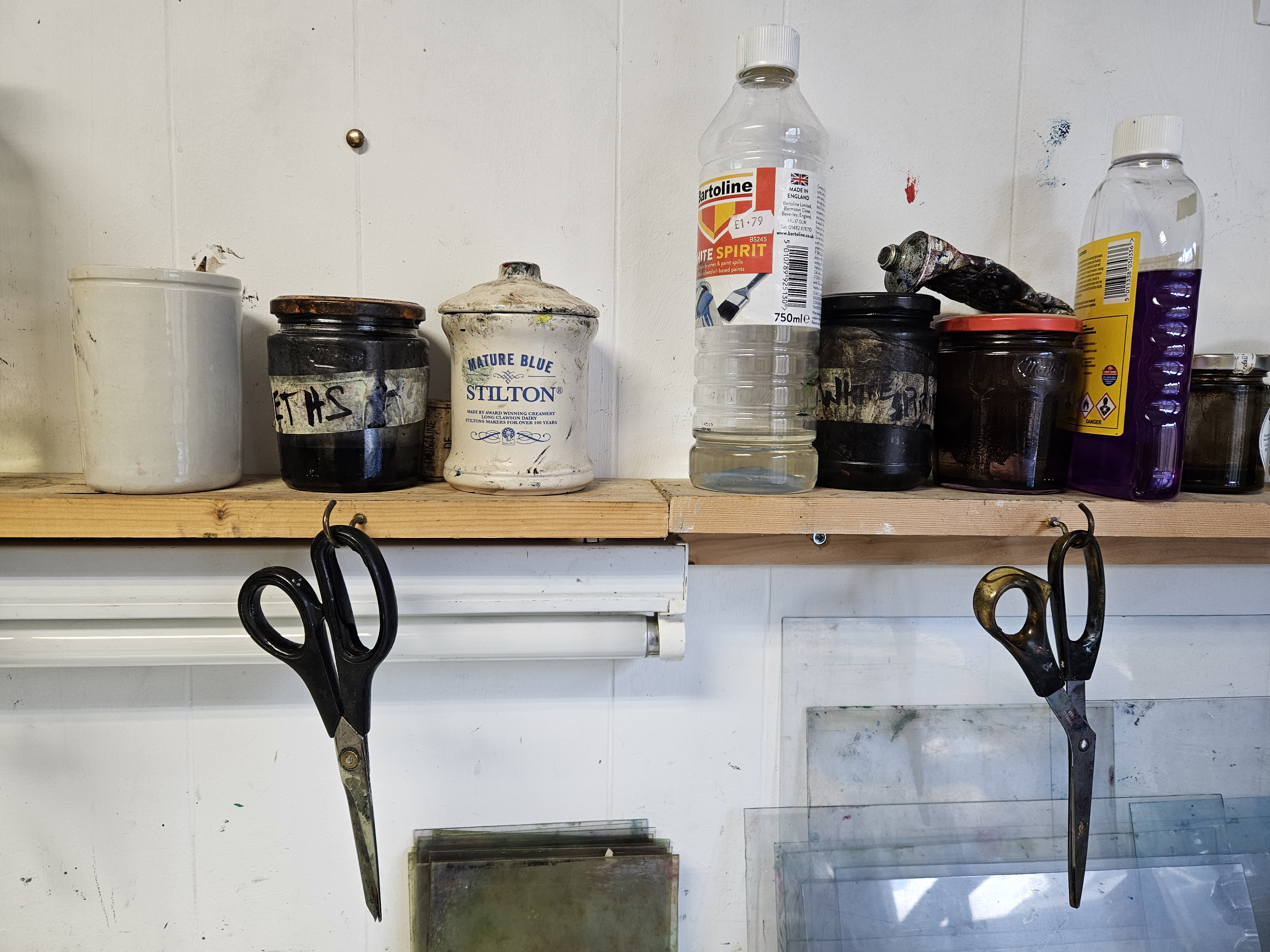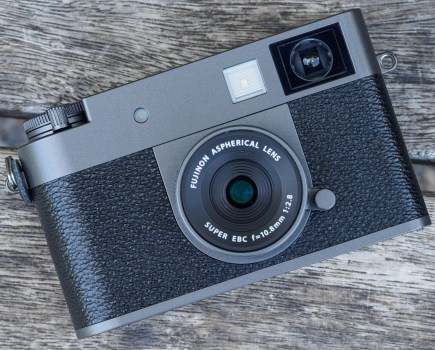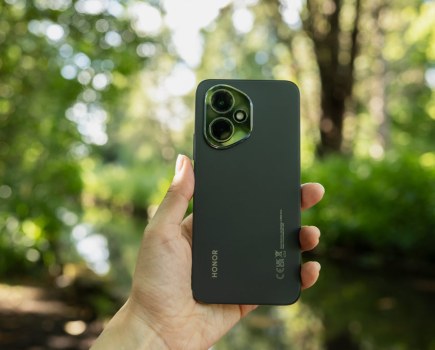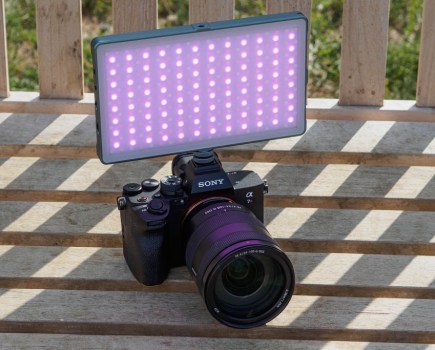Amateur Photographer verdict
The Samsung Galaxy S23 is a well-functioning, versatile top-line, mid-sized smartphone that reliably produces really good quality images and video in fair light. Better value to be found elsewhere.- Small size
- Well-featured native camera app
- Good video options
- Reasonably expensive for mid range
- No macro mode
Samsung generally announces several models in its “S” line. The Samsung Galaxy S25 and Samsung S25 Ultra are the latest flagship devices. This means that, two generations down the road, the Galaxy S23 is now becoming one of the best budget camera phones you can find, as prices continue to drop. The S23 and the S23+ are designated “mid-range” models, with several excellent photographic specifications, cheaper than the flagship. They sit above Samsung’s wide range of budget devices, such as the Samsung A54.
Samsung Galaxy S23 at a glance:
- 50MP wide camera, f/1.8 aperture, 24mm equivalent, OIS
- 12MP ultra-wide camera, f/2.2 aperture, 13mm equivalent
- 10MP telephoto camera, f/2.4 aperture, 70mm equivalent, OIS
- 12MP f/2.2 selfie camera, 26mm equivalent, AF
- 8K video at 24/30fps
- 4K video at 30/60fps
- Android 13
- Processor: Qualcomm Snapdragon 8 Gen 2
- $350-450 / £350-£580 (256GB) used
- samsung.com
We review smartphones primarily for the performance and features of their cameras and video, and other factors that affect their suitability for photographers.
Features
The Samsung S23 Ultra camera differs in a number of ways from the S23 and the S23+, which both share the same photographic set-up, but have different screen sizes.
As such, this review can also be taken in the most part to apply to the S23+, as it shares most of the photographic capabilities that I cover in it.
Note that Samsung has made its new AI features available to the Galaxy S23 that they call Photo Assist, via the software update One UI 6.1. This opens up generative photo editing, the ability to move and re-move objects in a shot, re-frame and re-master them to your heart’s content, as well as “instant slo-mo” video features. There have been some early reports of “issues” with this update from enough users to consider them serious. As photographers, we’ll keep our focus on the cameras for now.
For the camera, we have a triple lens setup, to include a standard (wide), ultra wide and telephoto camera. The main camera has 50MP and offers a 24mm equivalent angle of view, and has an f/1.8 aperture. It is joined by a 12MP ultra wide (13mm equivalent) and a 10MP 3x telephoto lens (70mm equivalent).
As is becoming increasingly common – even in mid-range phones, 8K video is available in 30fps, with 4K (up to 60fps) and Full HD (also up to 60fps) also available and likely to be used more widely.
Other useful features of note include the 3900mAH battery, storage capacity of up to 512GB and a Snapdragon 8 Gen 2 mobile processor. No charging plug is included in the box – just a cable.
Handling and design
Utilising a 6.1-inch screen, the S23 is a much better bet for those who prefer a smaller sized smartphone, especially when compared to the relative behemoth, the S23 and S24 Ultra, which both measure up at 6.8-inches. The S23+ comes in at 6.6-inches, perhaps making it a good compromise between them.
Whether you have smaller hands or just prefer how much easier a smaller device slips into your pocket, having the choice between the two different sizes is welcome – it’s just a shame you don’t get the same with Samsung’s flagship.
Personally, I feel the S23 is just the right size to use as an actual phone – typing and scrolling is much more comfortable, as is shooting with the camera one handed (compared to the S23 Ultra).
Otherwise, the Galaxy S23 has a fairly simple yet sleek design; nicely rounded off corners, while the matte rear surface doesn’t feel too slippery. It’s still wise to buy a case, of course, though equipped with Corning Gorilla Glass Victus 2 will protect it to some extent.
Native camera app
As we’ve seen on several Samsung smartphones – and Android phones in general – the S23 has a very comprehensive native camera app, offering a wealth of options to suit several needs.
Set to launch in “Photo” mode, which seems likely to be the mode most people will use for most of their shots. Here is quick access to the three different lenses available by tapping the on-screen icons. Changes to settings such as aspect ratio and flash are also done here. Digital zooming can be accessed by pinching outwards on the screen, with up to 30x available.
An automatic night mode will kick in if you are working in low-light conditions, but unlike its more expensive sibling, there is no macro mode included.
To the left of Photo mode, you will find Portrait mode. With this you can create shallow depth of field effects, both with human, non-human and still-life subjects. Choose to shoot at either 1x or 3x, depending on how much of the background context you want to show. You can experiment with different types of bokeh, and if photographing a portrait in low-light, Night mode will again kick in.
Head to the video mode to shoot in a variety of different resolutions and frame rates, as well as do things like switch on Super Steady (image stabilisation). You can also record video directly from the Photo mode by holding down the shutter button – but won’t get to adjust video settings first by doing this.
A set of other modes are hidden under the “More” tab. This includes the Pro mode, which accesses a variety of shooting parameters including ISO, shutter speed and exposure compensation. You can’t shoot raw format in this mode (unlike with the S23 Ultra): for that, download Samsung’s ExpertRAW app.
Once downloaded, that app will appear on your ‘More’ screen for quick and easy access. The ExpertRAW app is also the only way to shoot at 50 megapixels, if you wish to do so, as there’s no automatic 50MP mode in the native camera app.
Other available modes in the More tab include Panorama, Food, Pro Video, Super Slow-Mo (Video), and Portrait Video.
Image quality and performance
The Samsung S23 is very capable of taking some great pictures, particularly when using the main sensor and shooting in good light. The main sensor from this model and its bigger, more expensive sibling the S23 Ultra put in reasonably similar performances in good light, so it’s a tempting proposition for saving a bit of cash, too.
On top of this, the ultra-wide angle lens works well in landscape and similar situations without creating much distortion. The 3x lens also comes in handy when you want to get closer to the situation. For the S23 you need to use digital zoom if you want to go beyond 3x, but 10x (digital) is decent enough in good light, beyond that, images start to become blurry and unusable.
On the whole, colours are nicely vibrant, and we don’t see the over-the-top colour saturation that other phones can fall foul of. Even better news is that the colours between the three lenses seem to be fairly well matched. Detail is nicely rendered too, with an overall good impression when viewing at normal viewing and printing sizes.
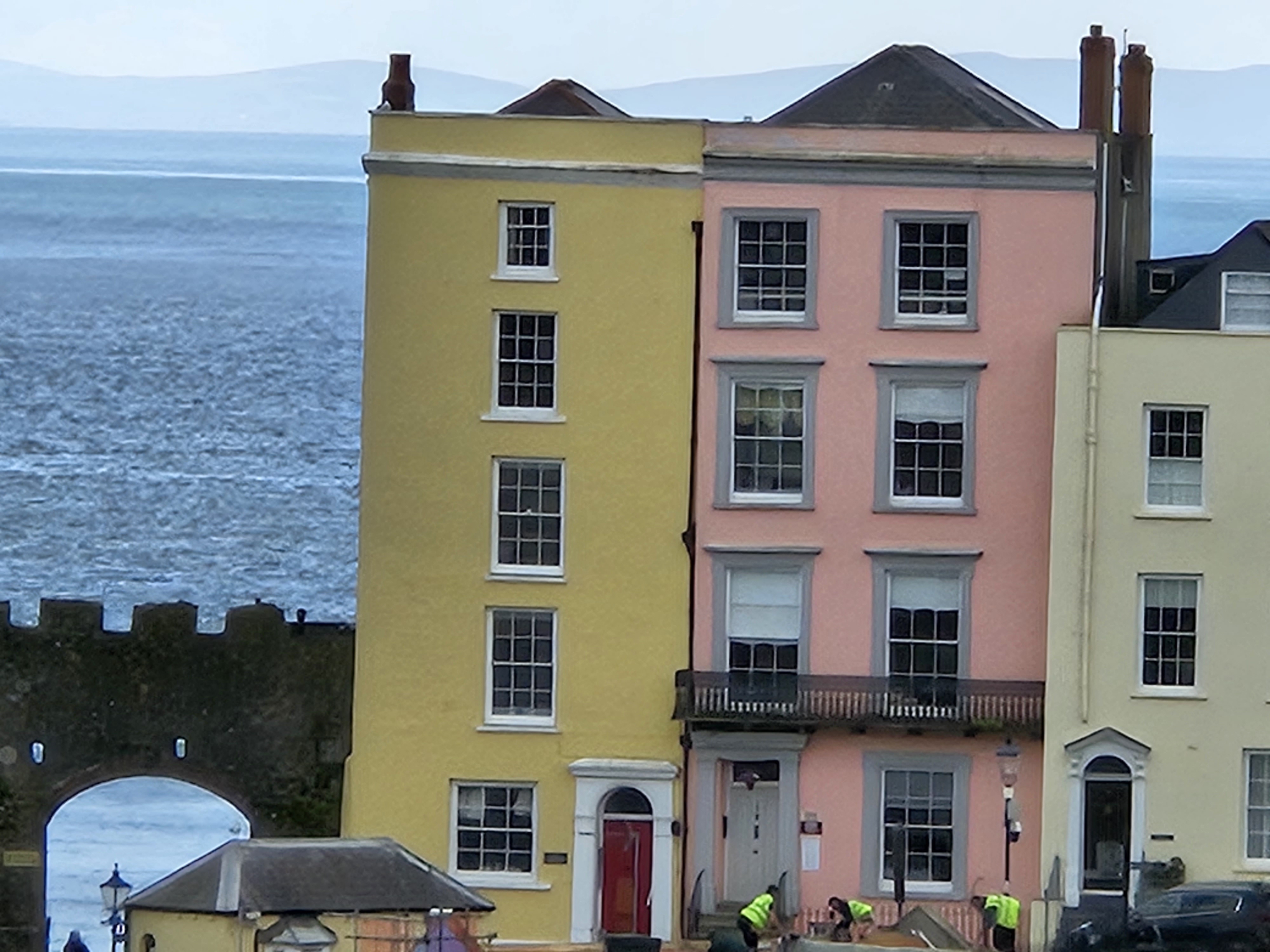
In low light, although the main lens performs well, there is a noticeable drop in quality when using either the ultra-wide or telephoto lenses. When very dark, the S23 will use the 1x lens instead of the 3x lens and digitally crop in to make better use of the higher resolution and larger sensor. Still, it’s much better if you can move physically closer to a subject rather than zoom when light is lacking. Using the digital zoom options in low light is really best avoided entirely.
Portrait mode does a fairly decent job, but it can get a little confused with fine details such as flyaway hairs, so if you look closely then you might see some unnatural drop off in focus. However, if you’re looking at regular phone screen sizes it’s a good enough overall impression.
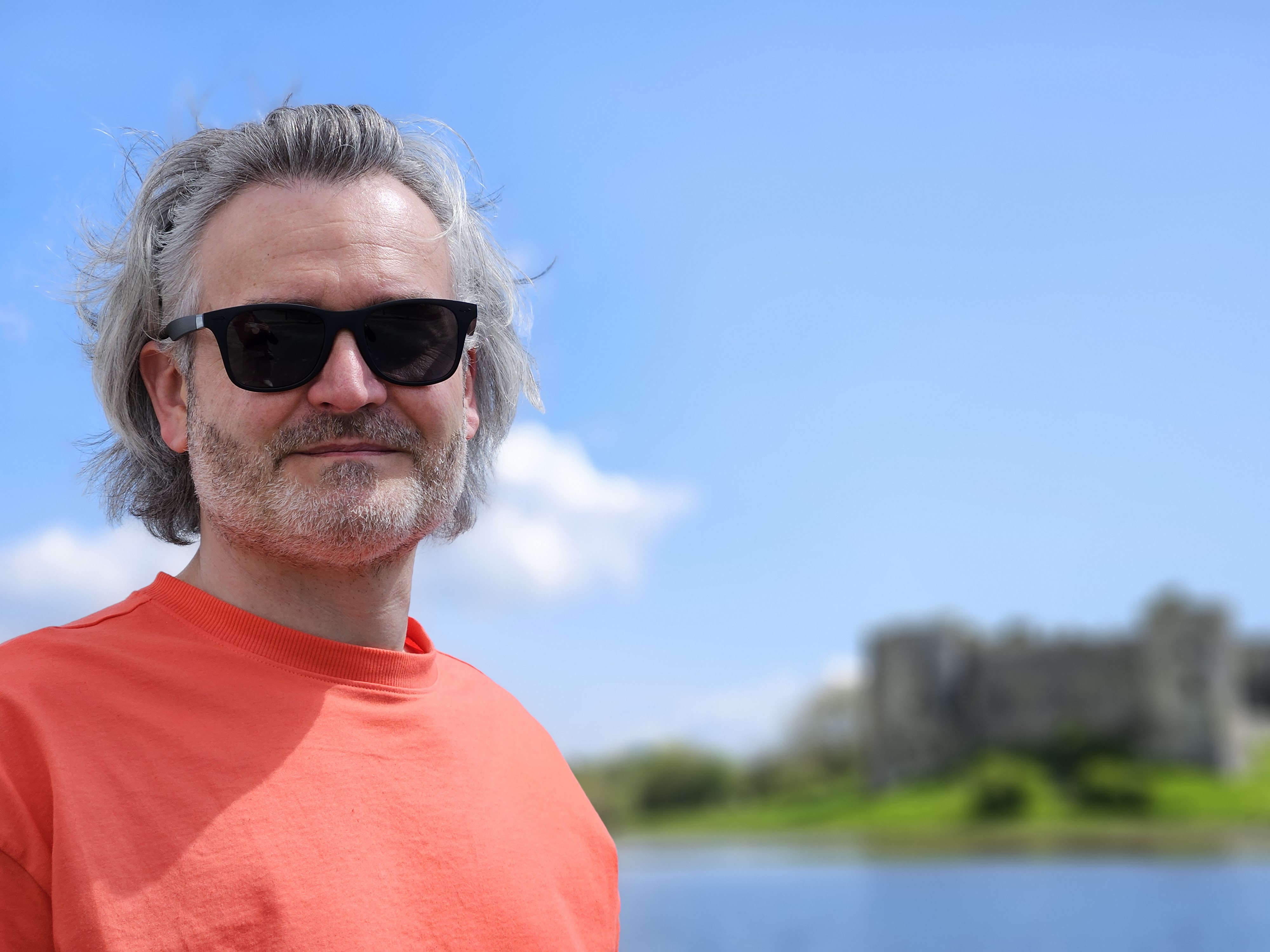
It’s disappointing not to have a macro mode. To create macro-type shots, you could use the 3x lens and shoot from a short distance. The significance of this will depend upon your interest in close-up photography.
Video options are fairly good considering this is Samsung’s mid-range option. 8K is not likely to be required by most people, but is there if you need it. 4K and Full HD produce good results, with the SuperSteady option coming in handy if you want to move around while recording your videos.
Value for money
The S23’s price has drifted upwards again: currently $760 / £750 for 256GB of memory; perhaps due to its embedding of Samsung’s new AI features. This puts it in the same bracket as other flagship models like the OnePlus 11 or the Google Pixel 7 Pro – which makes it look less good value and provides food for thought for those considering this kind of investment.
If you’re keen on Samsungs generally, it’s a good choice, especially if you prefer, or can tolerate, a smaller device.
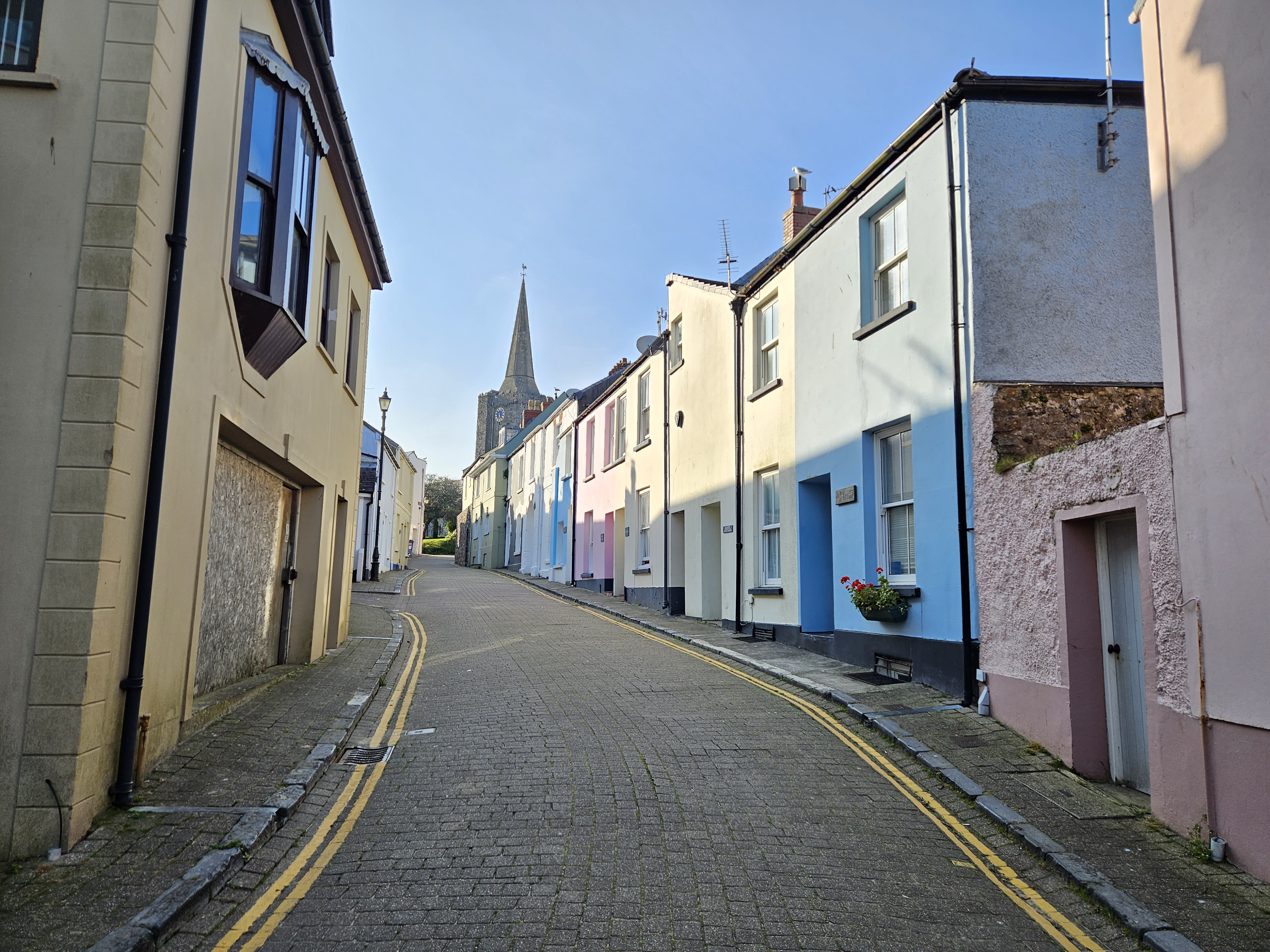
Samsung Galaxy S23 verdict
There are probably two main reasons why you might opt for the S23 over the S23 Ultra. One is price, and one is size – and both are fairly big reasons.
If you’re somebody who wants a well-functioning, top-line Samsung but doesn’t want to spend over $1,000/£1,000 and/or you don’t want a massive device, then this is a good option. In essence, it’s a shame that the S23 Ultra isn’t available in a similar size.
Being two years old, prices are dropping on the second-hand market, so you can pick up an S23 in good condition for less than half its original launch price. At £350, with three high-quality lenses that makes the S23 a solid budget option.
Overall, there’s a lot to like about the Samsung S23 and it comes highly recommended for Samsung fans. If you have a little more to spend and are keen on macro performance, you can check out the Samsung Galaxy S23 Ultra.

Related content:
- iPhone 15 Pro vs Samsung S23: Battle of the small flagships
- Samsung Galaxy S23 Ultra vs Samsung Galaxy S23: Cameras Compared
- Samsung S23 Ultra: Do you need 200 megapixels in a smartphone?
- Google Pixel 8 Pro vs Samsung Galaxy S23 Ultra

